Kurdistan Region: A Safe Haven for Religious and Ethnic Coexistence
Kurdistan has become a model of religious and ethnic coexistence, providing refuge for Christians, Yezidis, and other communities displaced by regional conflicts. Religious and tribal leaders credit the stability to historic Kurdish leadership and current government protection of diversity.
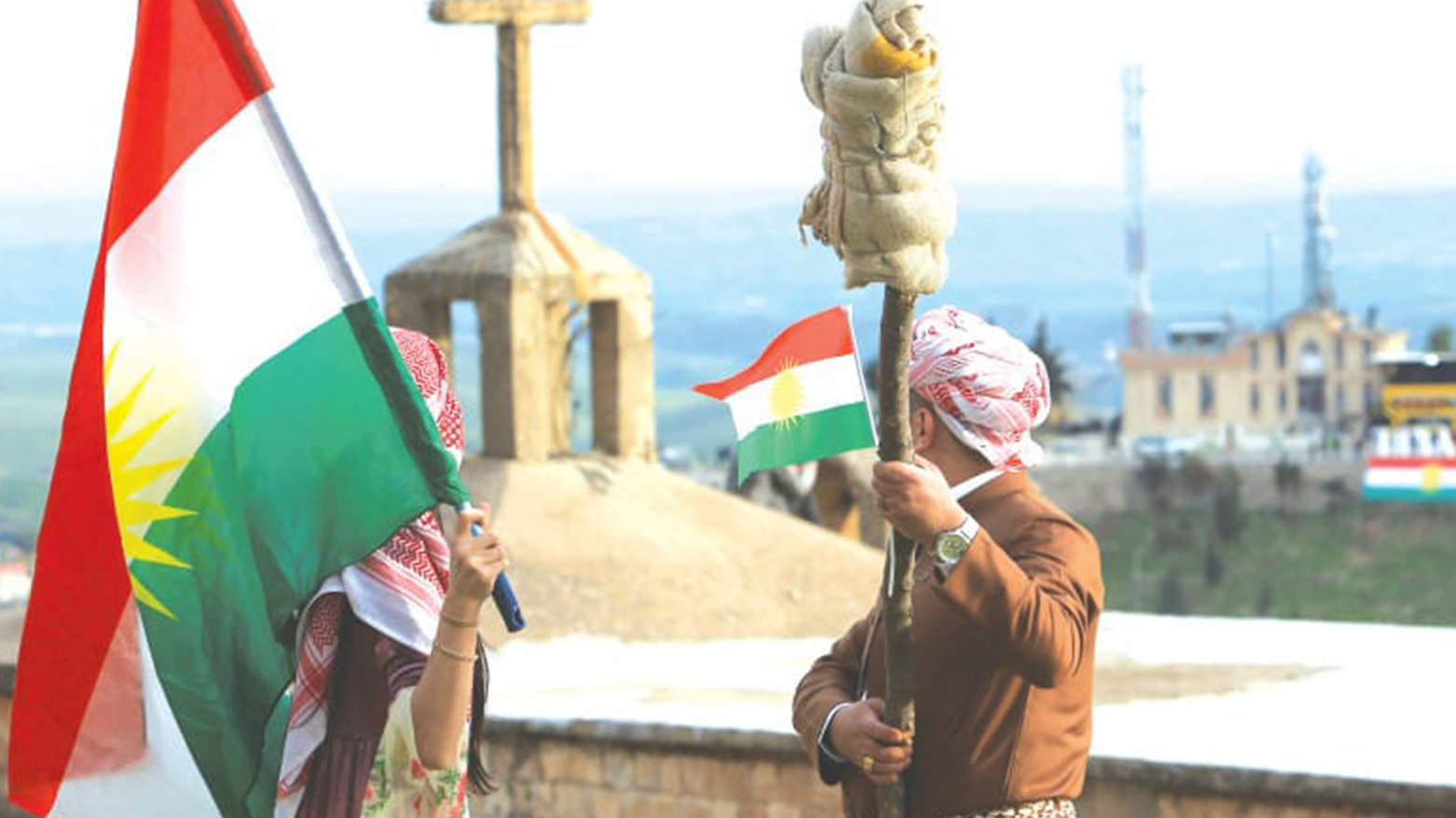
ERBIL (Kurdistan 24) – Amid ongoing conflicts, sectarian divisions, and instability across Iraq and much of the Middle East, the Kurdistan Region stands out as a unique model of peace, stability, and coexistence among diverse religious and ethnic communities.
This report, based on the “Bekew Zhyan – Coexistence” program aired on Kurdistan24, presents vivid scenes and testimonies illustrating why the Region has become a secure refuge and a symbol of shared living for those seeking safety and dignity.
“Why do all components—Christians, Ezidis, and other ethnic groups from Iraq and the region—head to Kurdistan whenever danger and threats arise?” the report opens with this central question.
Kurdistan: A Warm Shelter for the Persecuted
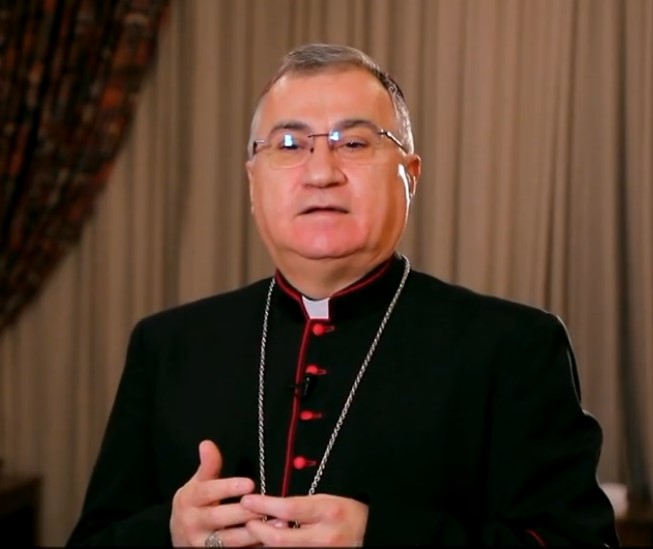
The answer comes from Archbishop Bashar Matti Warda, head of the Chaldean Archdiocese of Erbil, who recounted the ordeal of Iraq’s Christians.
“We were in Baghdad when the bombings began targeting churches, and the kidnapping of priests and pastors increased. These dangers forced us to flee to Erbil and Ankawa,” he said.
“The welcome, hospitality, and safety we found encouraged not only resettlement but also investment. People chose to stay because they discovered a secure and stable environment.”
The experience of refuge and safety extended far beyond the Christian community. When the Islamic State (ISIS) overran three Iraqi provinces and parts of Baghdad and Diyala, hundreds of thousands of displaced people, including more than two million individuals, sought safety in the Kurdistan Region. The Region’s open-door policy and rapid humanitarian response became a defining moment of solidarity and compassion.
Historical Roots and Visionary Leadership
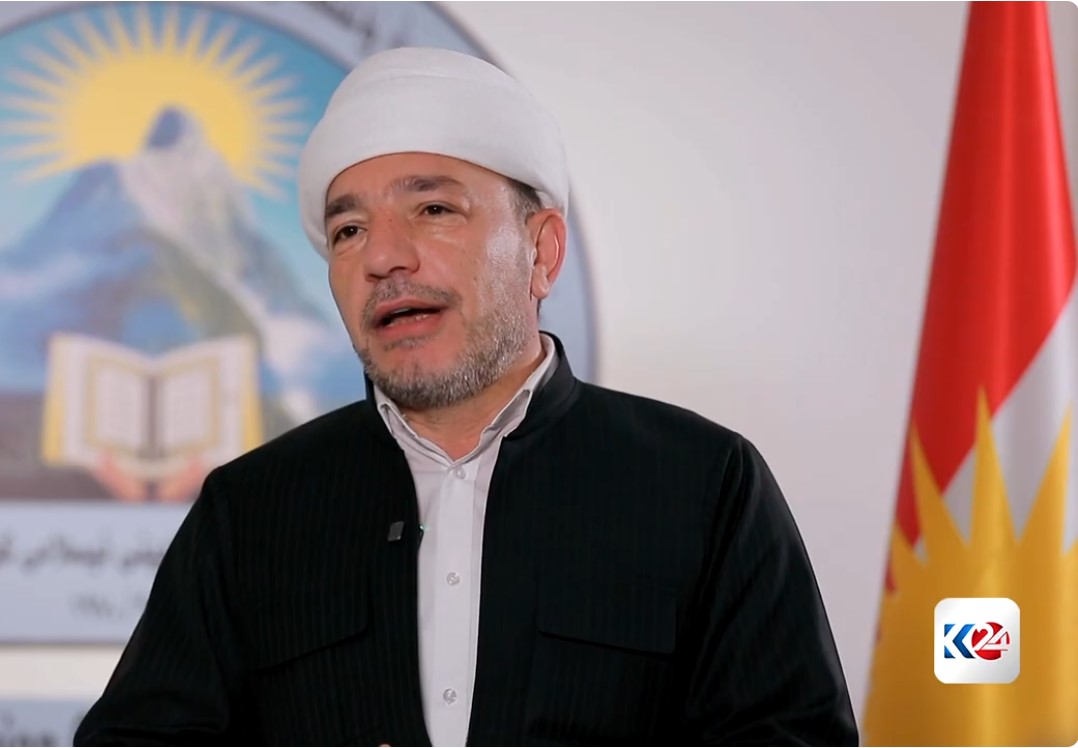
Observers and community leaders attribute this enduring culture of coexistence to the values established by Kurdistan’s historic leaders.
Dr. Abdullah Waisi, head of the Union of Islamic Scholars in Kurdistan, noted that “coexistence is one of the defining symbols of the Kurdish people. It has always been a central value in their history.”
He added: “The late Mullah Mustafa Barzani, during the great September Revolution, laid the foundation for this coexistence, and later President Masoud Barzani strengthened and institutionalized it.”
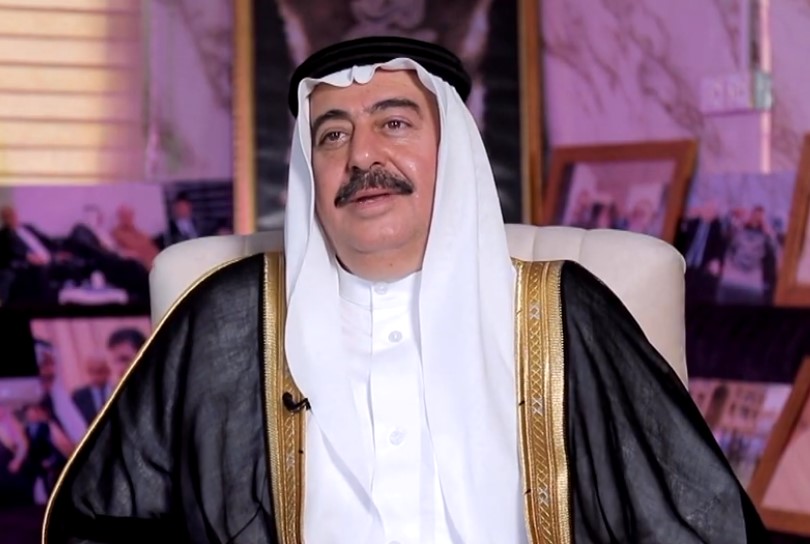
Sheikh Faisal Haroush Salem, a leader of the Shammar tribe, echoed this sentiment:
“The security and peace we enjoy today in Kurdistan did not come by chance—it is the result of the struggle of Mullah Mustafa Barzani and his successors. The prosperity and stability of the Region today are blessings that stem from this wise and principled leadership.”
Security: The Backbone of Stability
A nighttime walk through Erbil’s historic bazaar, bustling with life and trade until late hours, reveals the deep trust between citizens and security forces—a cornerstone of Kurdistan’s stability.
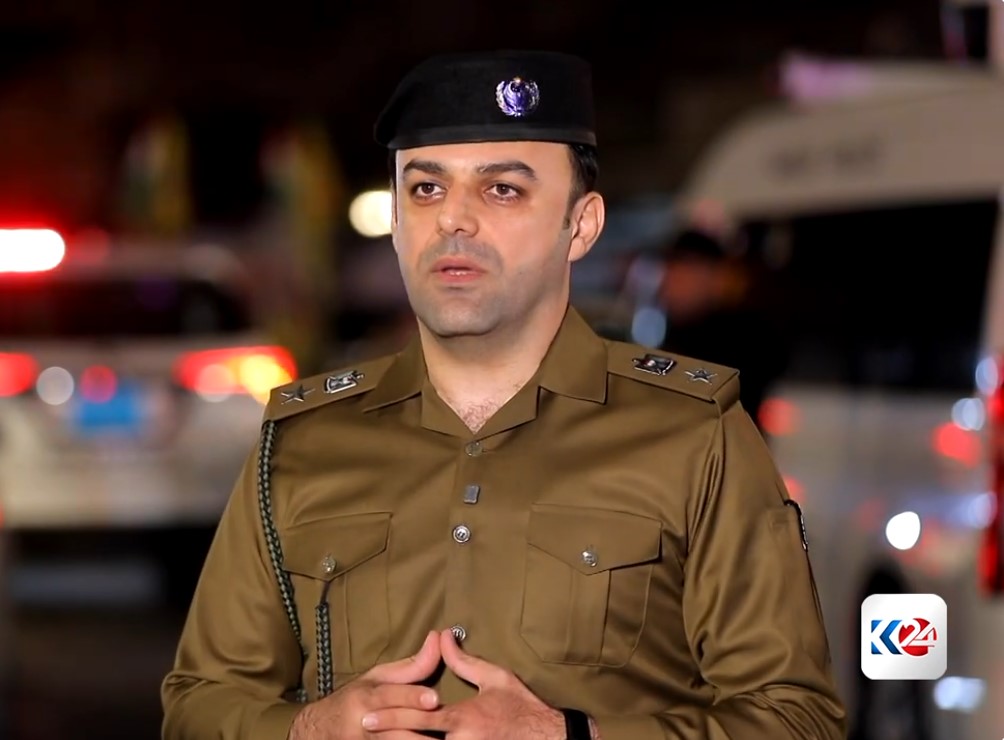
Lieutenant Colonel Kifah Hassan, spokesperson for Erbil Police, affirmed:
“Our teams in the Erbil Police Directorate, across all departments, serve the people without discrimination—day and night, 24 hours a day.”
He credited the Region’s enduring safety to “the ongoing support of the Kurdistan Regional Government, particularly the Prime Minister and Minister of Interior, and the close cooperation between citizens and security institutions.”
That sense of trust is reflected in the behavior of shopkeepers who leave their goods outside overnight without fear, saying, “This level of safety doesn’t exist even in some European countries.”
Government Commitment and a Vision for the Future
The Kurdistan Regional Government (KRG), under the leadership of Prime Minister Masrour Barzani, continues to prioritize and protect this culture of coexistence.
During the inauguration of “Our Lady of Light Church”, Prime Minister Barzani reaffirmed this commitment:
“I am very pleased to participate in this ceremony, which confirms that Kurdistan will always remain the homeland of peaceful coexistence for all communities.”
He praised the role of religious scholars in fostering unity and underscored that the KRG “will continue to support all religions and nationalities without discrimination.”
With its wise leadership, the sacrifices of the Peshmerga and security forces, and the awareness of its society, the Kurdistan Region remains a beacon of peace and coexistence in a volatile Middle East.
As the program concludes, the message is clear: Kurdistan has become a living example of how respect for diversity and the protection of human rights can build a secure and harmonious homeland in the heart of a troubled region.